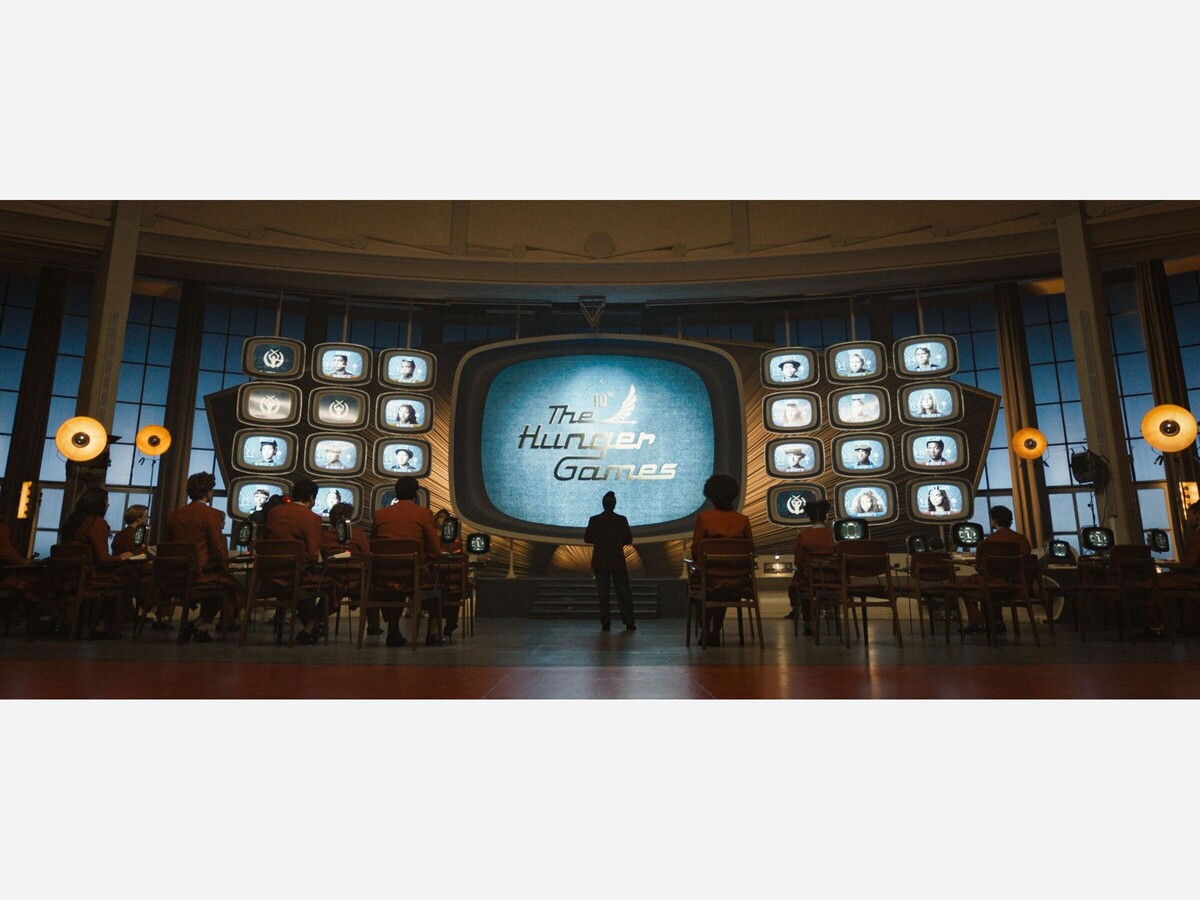Image


The previous movies for The Hunger Games from the 2010s all felt like they were missing a little something when adapted from the books. Because the books are written from Katniss’ perspective while the movies are portrayed in a traditional third-person perspective, there is something lost when Katniss’ narrative is removed from the equation: The Ballad of Songbirds and Snakes is also written from first-person perspective, this time from the perspective of Snow, however eliminating a lot of Snow’s internal monologue streamlines things here in a way that the first four movies were harmed. The end result is a new Hunger Games movie that manages to be the best in the franchise that finishes off leaving the viewer wanting more stories in this world.
The Hunger Games: The Ballad of Songbirds and Snakes brings viewers back to the world of Panem, this time 64 years before Katniss and Peeta were selected for the games, to witness the rise of President Snow (Tom Blyth) as he assumes the role of mentor to the District 12 tribute Lucy Gray Baird (Rachel Zegler) in an attempt to bring honor back to his family name. Hunter Schafer, Viola Davis, and Peter Dinklage also star.
The big issue coming into the movie from the book was the characterization of Snow in the book, and a lot of the issue here comes from the way the reader has access to every thought Snow has through the entirety of the narrative. His romantic relationship with Lucy Gray feels too front and center in the book which leads to the climax feeling more like it only happens because of where Snow ends up in the future instead of being an organic progression of his character. The same also goes for Snow’s indecision which, in the book, is an overcompensation for how much his romantic feelings are influencing his decision-making. Because the movie eliminates the internal monologue for Snow, his character gets an instant boost because the question, “Are you doing this for Lucy Gray or your family?” does not have an immediate and obvious answer and he can play both sides of it.
There is the other immediate benefit is that this allows the movie to, while being over two and a half hours, cut out a lot of the extraneous information and really turn the story into something more concise. This helps both Snow and Lucy Gray feel like active characters instead of just victims of the story (even though they still are) and allows for things like Dinklage’s Casca to develop more solidly instead of being a caricature of a drunk professor.
If there is a downside, it is the one thing an adaptation of the book cannot fix, which is that this book takes place in arguably the least interesting part of the events in Snow’s life. This isn’t about Snow becoming president, it is about Snow becoming the man who could become president one day, which are two very different things. A movie focusing on his rise to power could explore this further in the future, however, the specifics about his rise are still relegated to Finnick’s monologue in Mockingjay Part 1. The other aspect is the question about what led to the war of Panem in the Dark Days that led to the rise of the Capital and the Districts could also be interesting, especially since it appears pre-war the Snow family had a lot of power.
The Hunger Games: The Ballad of Songbirds and Snakes tells an interesting story that does what the rest of the franchise fails at in creating an immediate desire for more stories set in this world, even if it is dismal. This should be watched in a theater on the largest theater screen possible because, at times, the film is a visual spectacle.
Final Rating: 9/10